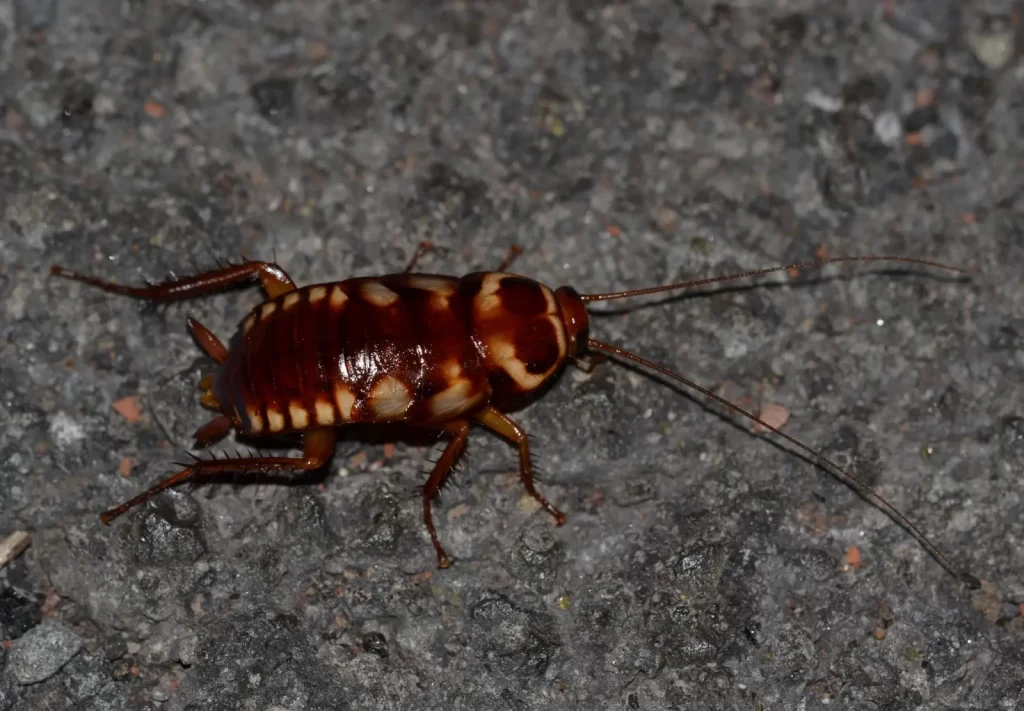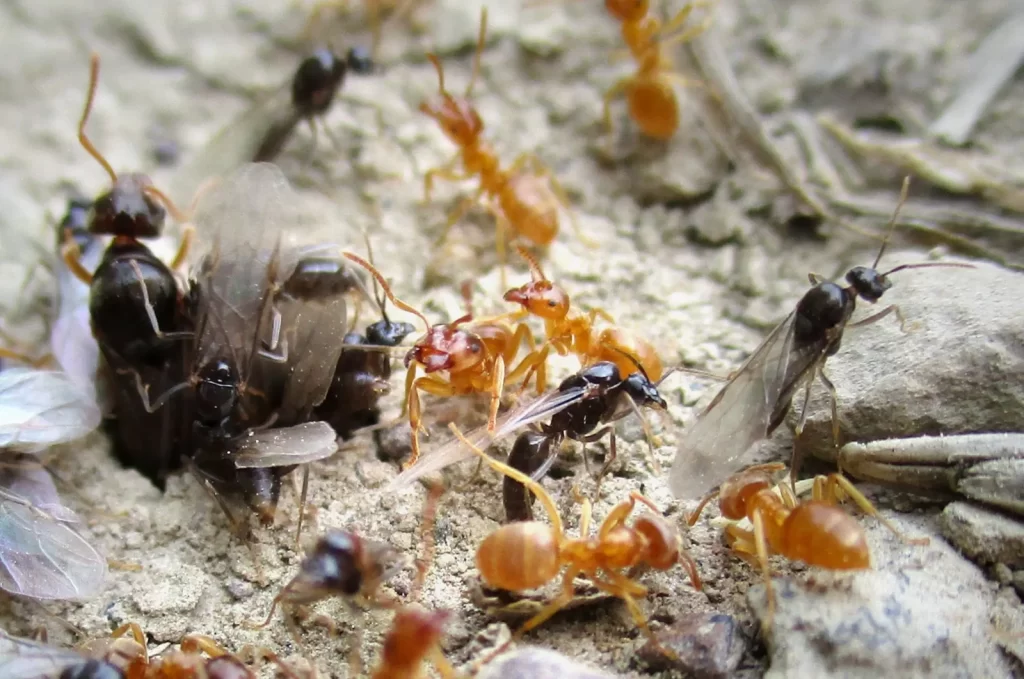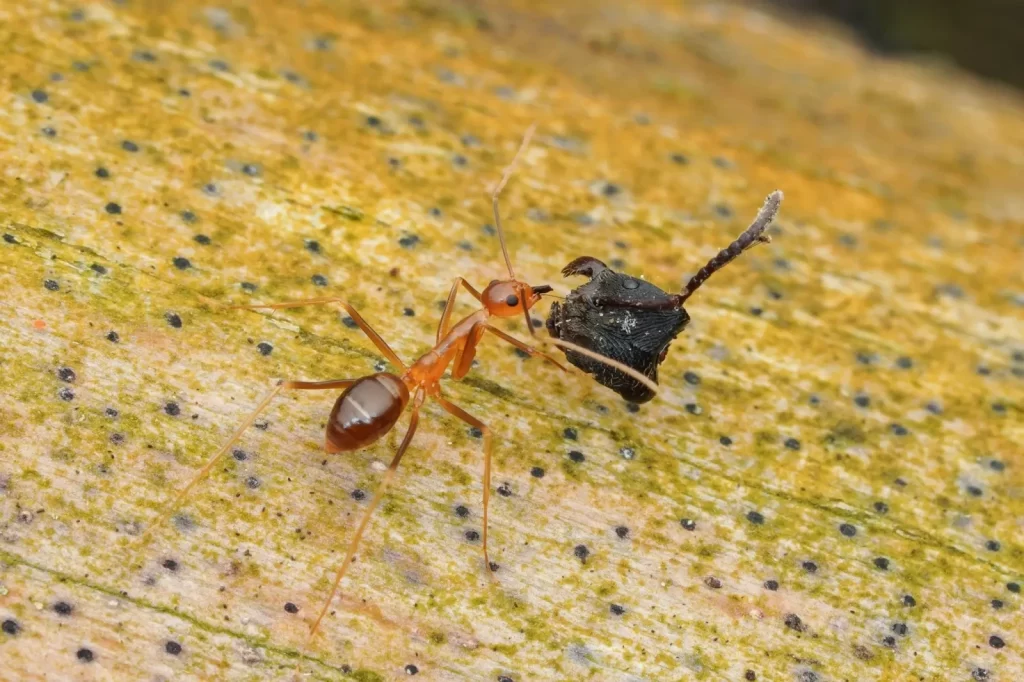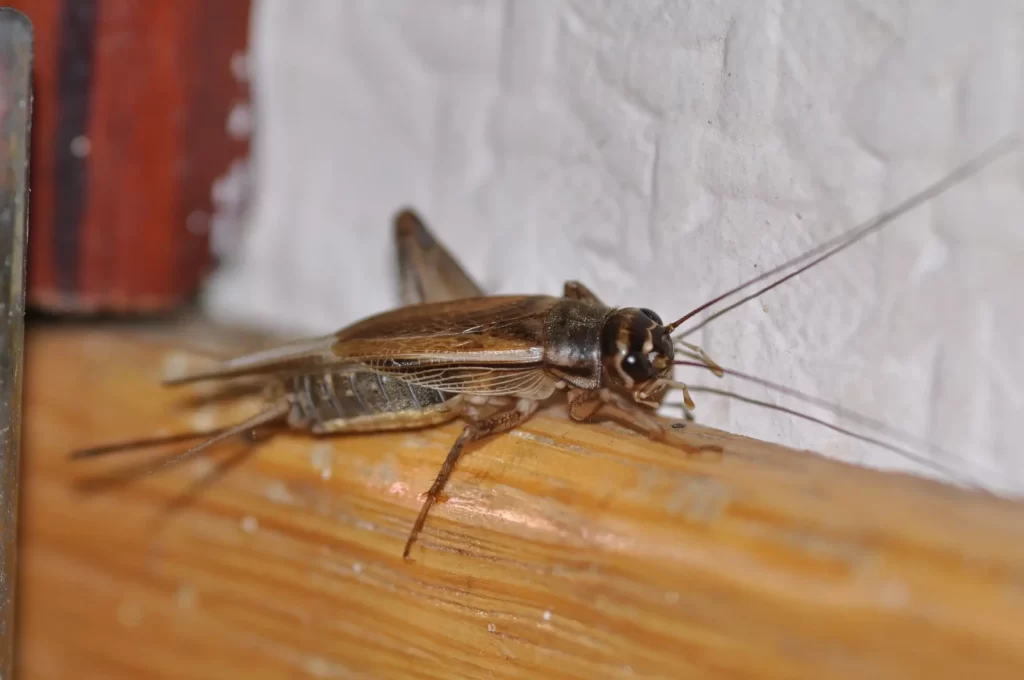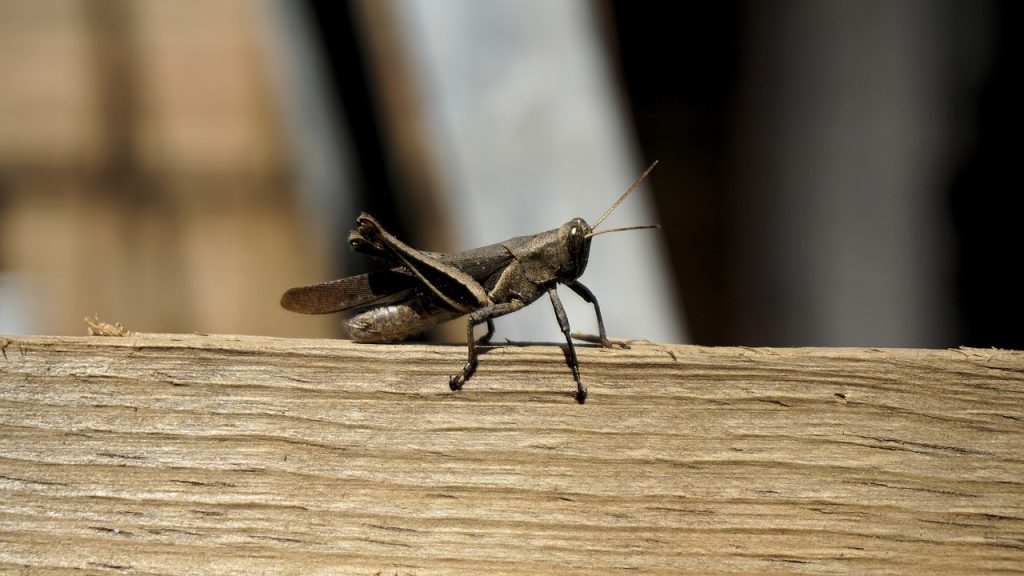When dealing with cockroaches, knowing which species you’re facing can make a big difference in addressing the problem. Two common species are the Brown-Banded Cockroach and the German Cockroach. Here’s a detailed comparison to help you understand their differences and how to manage them effectively.
Brown-banded vs. German Cockroaches Comparison
| Feature | Brown-Banded Cockroach | German Cockroach |
| Appearance | Light brown with two distinct bands on the wings; smaller size, about 1/2 inch long. | Light brown with two dark stripes on the pronotum; slightly larger, about 1/2 to 5/8 inch long. |
| Feeding Habits | Prefers dry, starchy foods, often found in kitchens and pantries. | It feeds on a wide range of foods, especially greasy and sugary items, and is commonly found in kitchens and bathrooms. |
| Living Habits | They prefer higher, warmer locations like cupboards and high cabinets; they are less likely to stay close to water sources. | Prefers moist environments; commonly found near sinks, drains, and other water sources. |
| Reproduction | Produces fewer egg cases with fewer eggs; egg cases are brown and oval-shaped. | Produces more egg cases with numerous eggs; egg cases are dark brown and cylindrical. |
| Behavior | They are more likely to hide in high areas and are less aggressive than the German cockroach. | Prefers hiding in lower areas; more aggressive and likely to infest densely populated areas. |
Characteristics
Brown-Banded Cockroach The Brown-Banded Cockroach is recognizable by its light brown color and the distinct bands on its wings. This species is smaller and less likely to be seen scurrying around compared to the German Cockroach. They prefer warm, dry places and are often found in higher areas such as cupboards and shelves. Their diet consists mainly of starchy foods and they are less likely to invade moist areas. German Cockroach The German Cockroach is slightly larger with two dark stripes running down its pronotum (the area behind the head). It thrives in moist environments, making kitchens and bathrooms ideal locations. They have a more varied diet, including greasy and sugary foods, and their presence is often marked by their rapid movement and frequent sightings.Dos and Don’ts When Dealing with Residual Pests
Dos:- Do keep areas dry: Cockroaches need moisture to survive. Fix leaks and avoid leaving standing water.
- Do use baits and traps: Effective for both species; place them in areas where you suspect activity.
- Do clean regularly: Maintain cleanliness, especially in areas where food is prepared or stored.
- Do seal entry points: Block pipes and potential entry points such as cracks along the walls and floors.
- Don’t leave food out: Cockroaches are attracted to food residue—store food in airtight containers.
- Don’t ignore minor infestations: Early treatment can prevent larger infestations.
- Don’t rely on DIY solutions alone: Professional pest control may be necessary for severe infestations.
- Don’t forget to follow up: Regular inspections and treatments are essential for long-term control.
Myths and Facts
| Myth | Fact |
| Brown-Banded Cockroaches are the same as German Cockroaches. | They are different species with distinct appearances and behaviors. |
| Cockroaches only infest dirty homes. | Cockroaches can infest any home, regardless of cleanliness. |
| German Cockroaches are more harmful than Brown-Banded Cockroaches. | Both can be harmful, but their impact varies based on their habitat and behavior. |
| You can get rid of cockroaches by just using sprays. | Effective control often requires a combination of methods, including professional treatment. |
| Brown-Banded Cockroaches are less likely to invade homes. | They can still cause significant issues, especially if conditions are favorable. |
